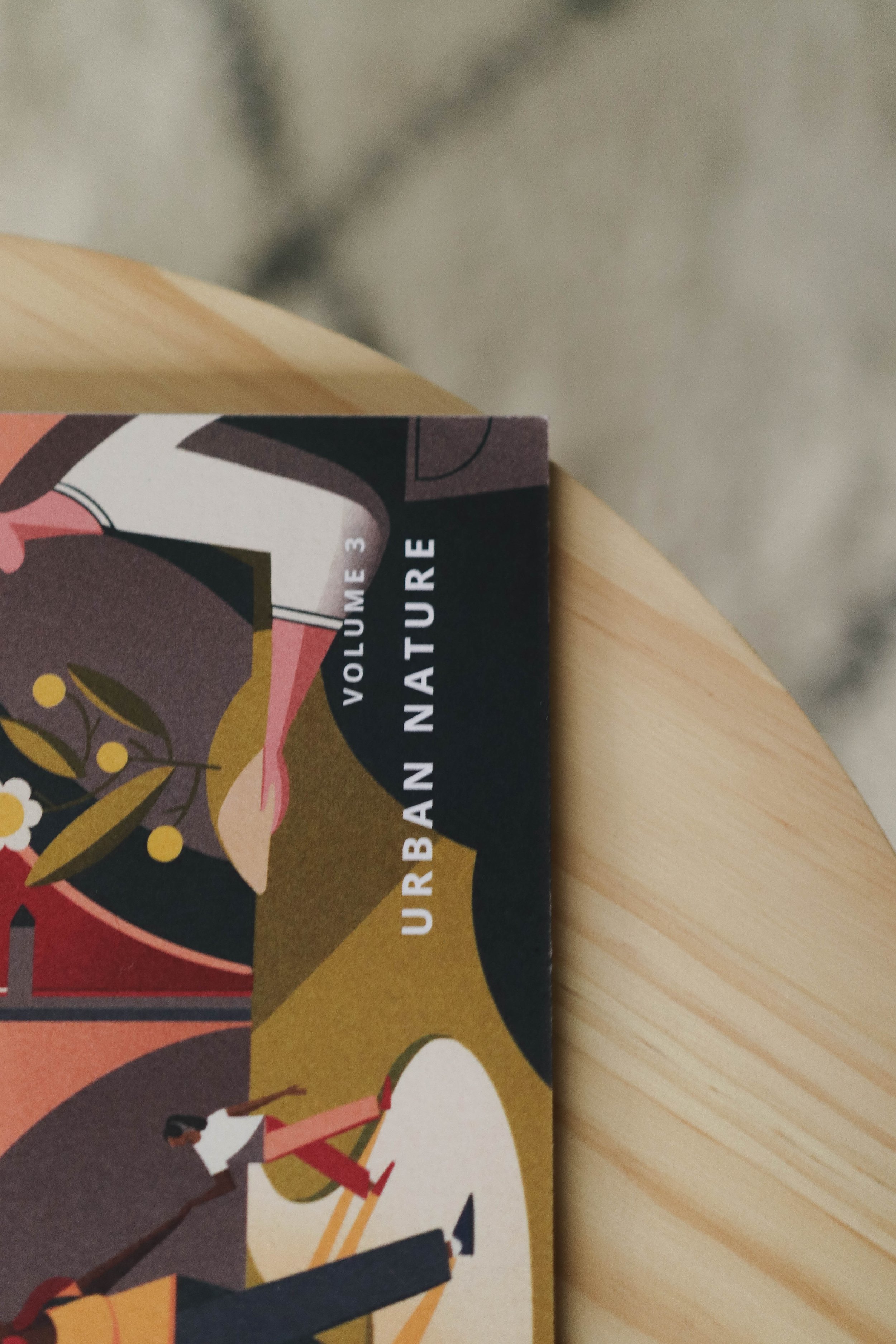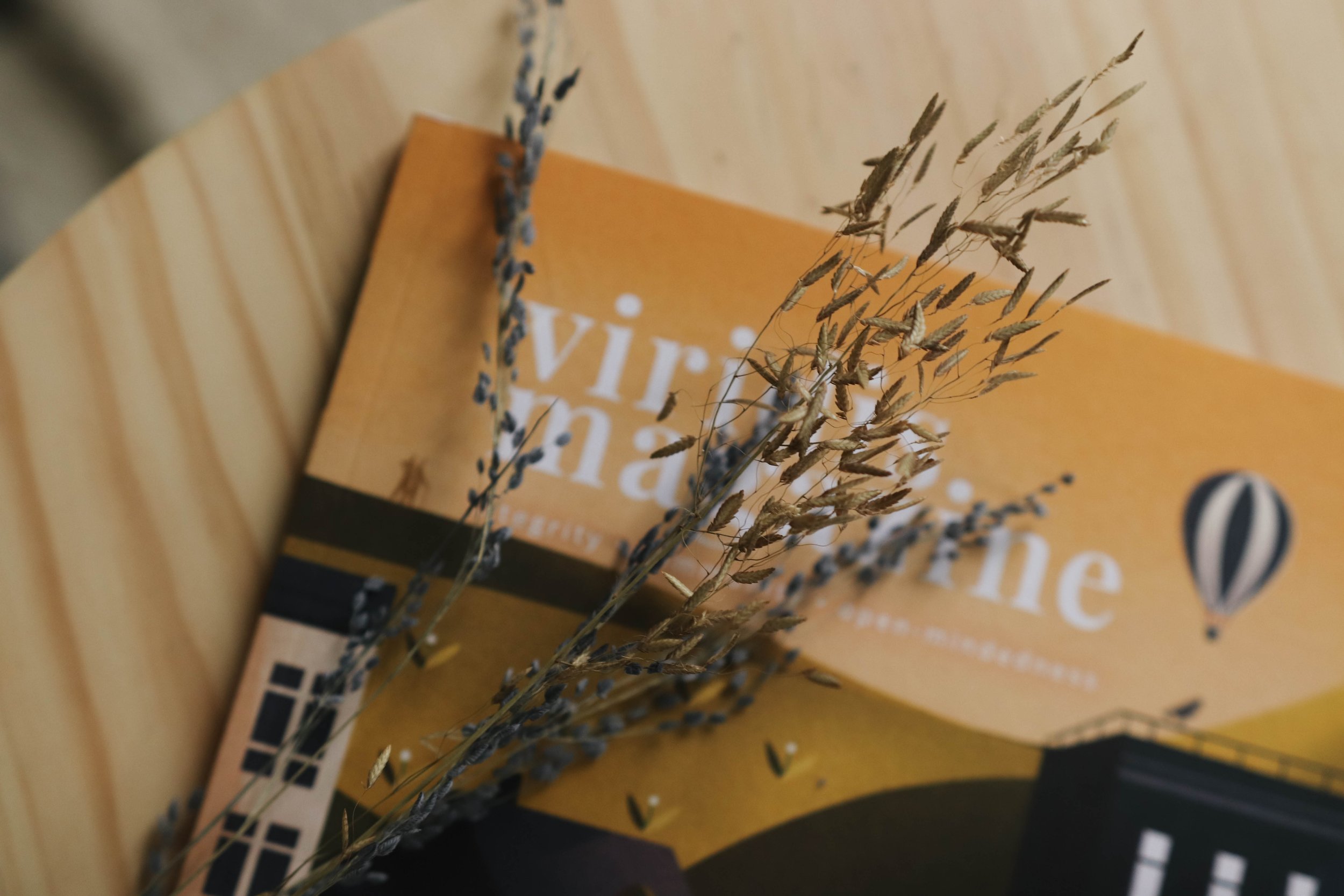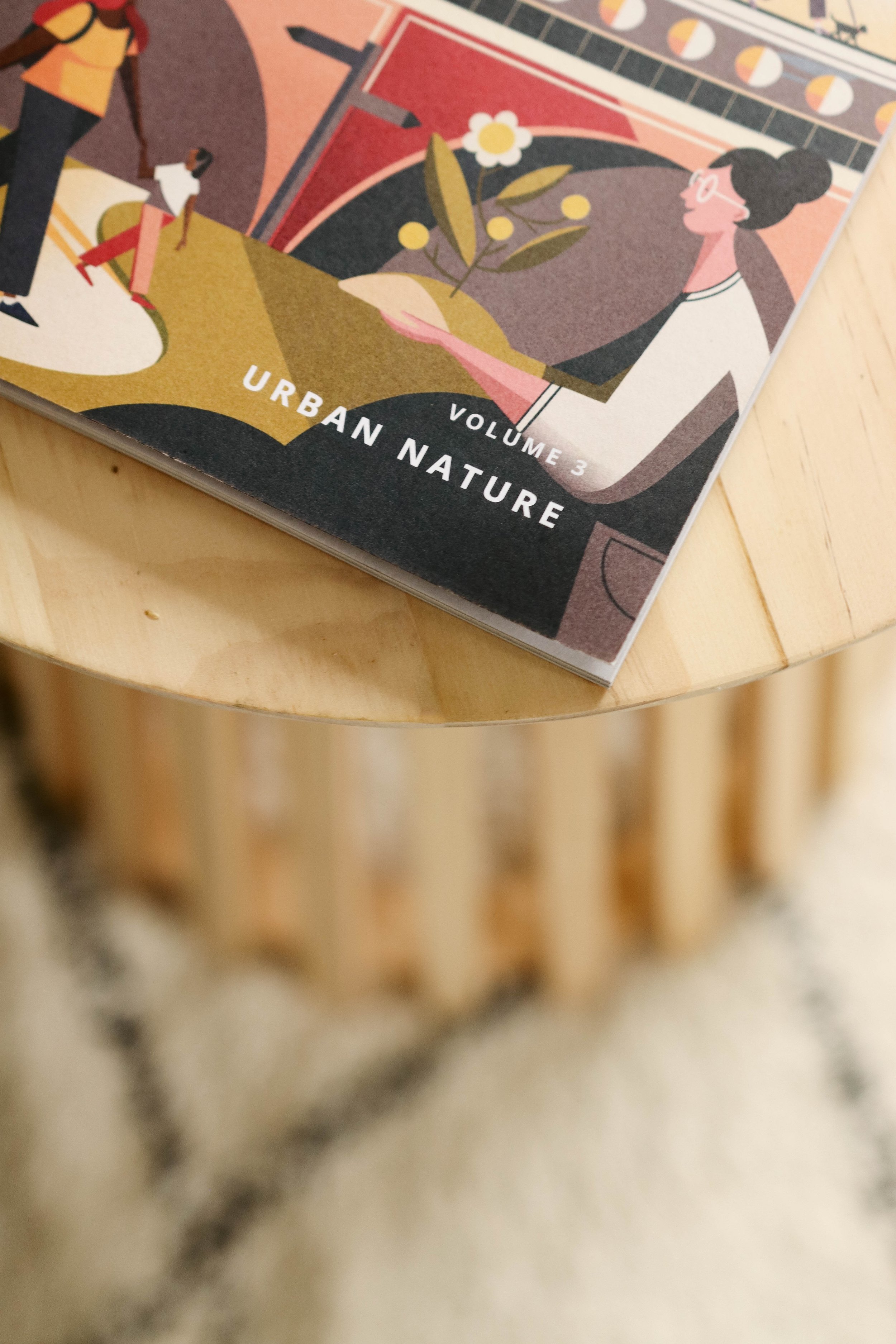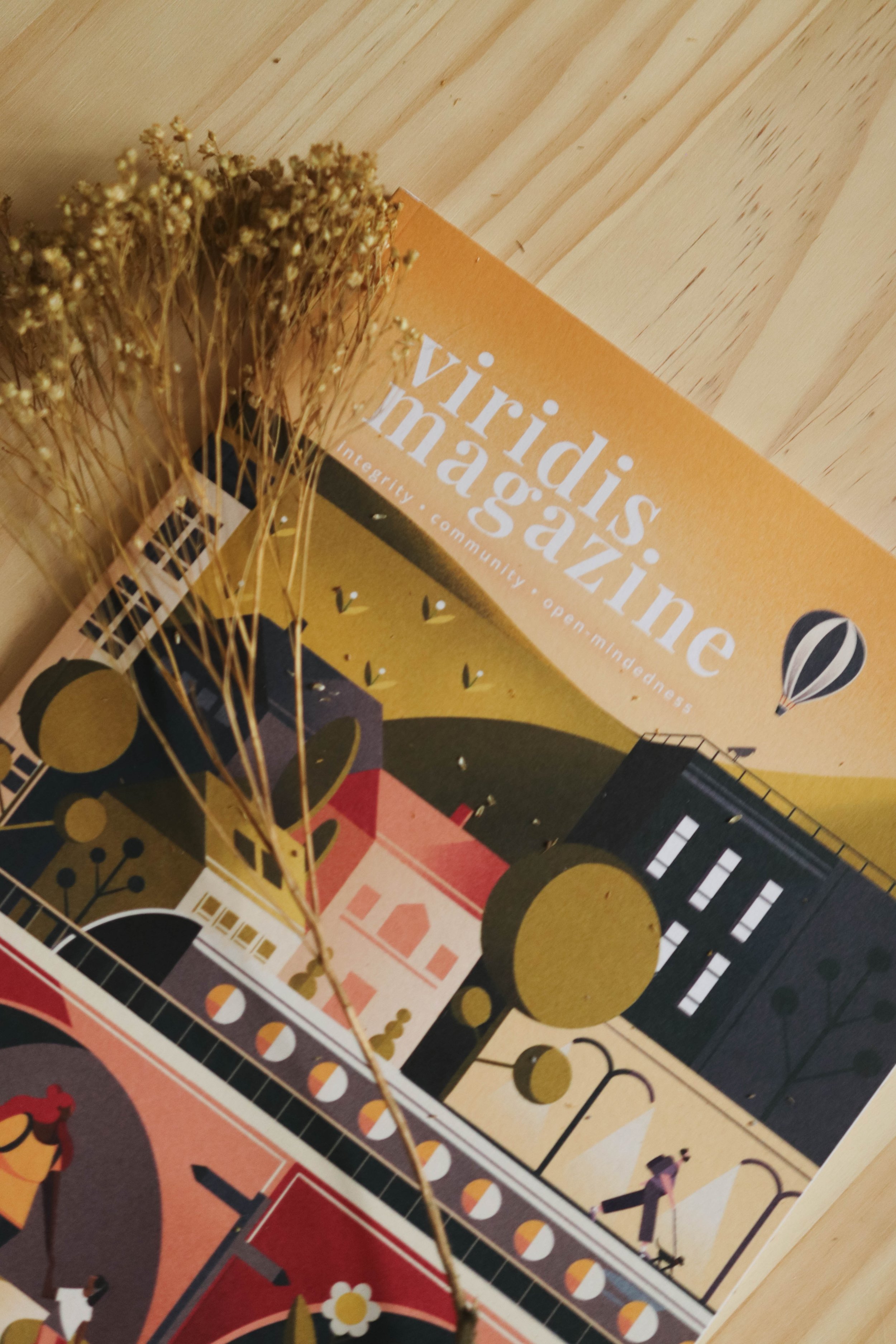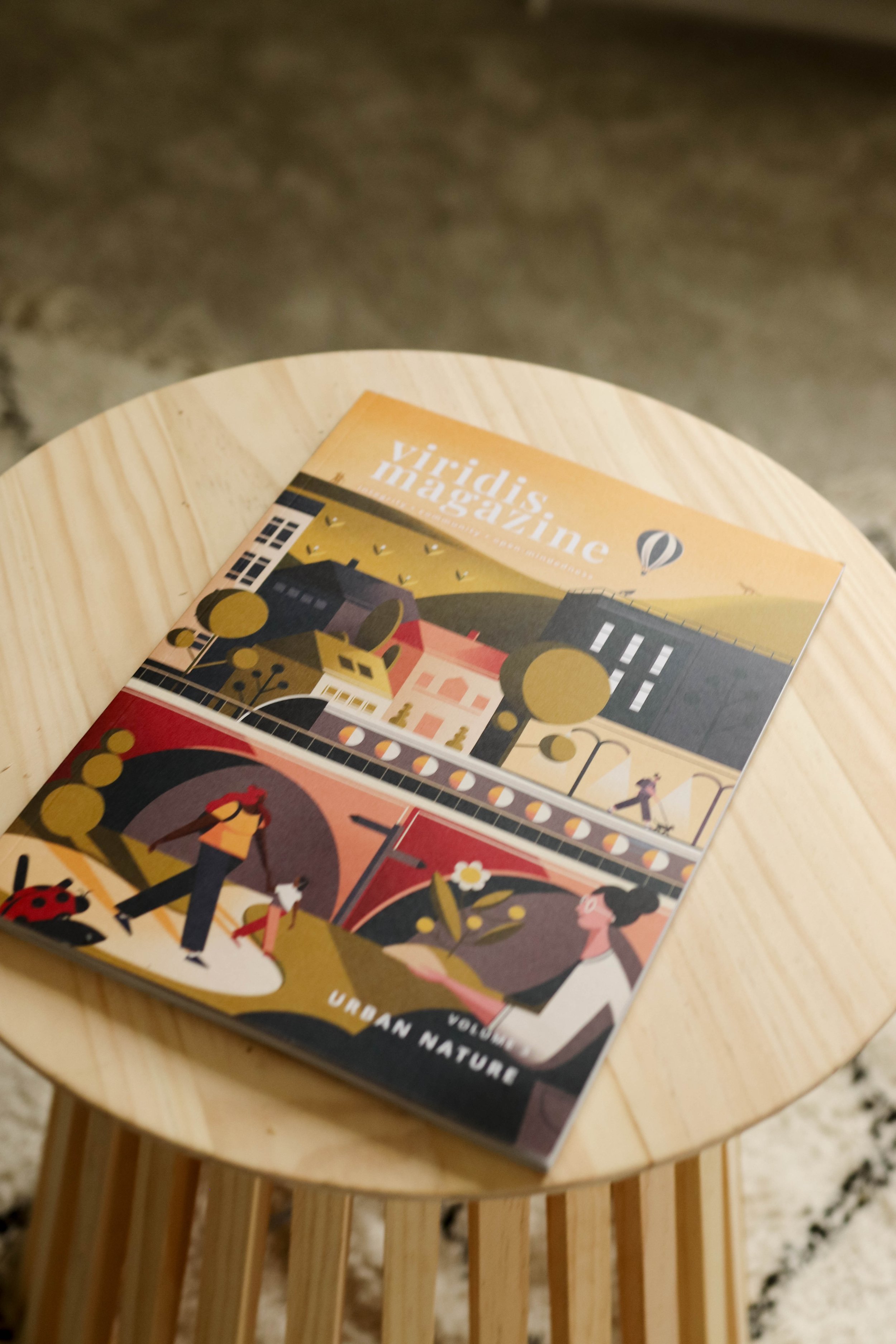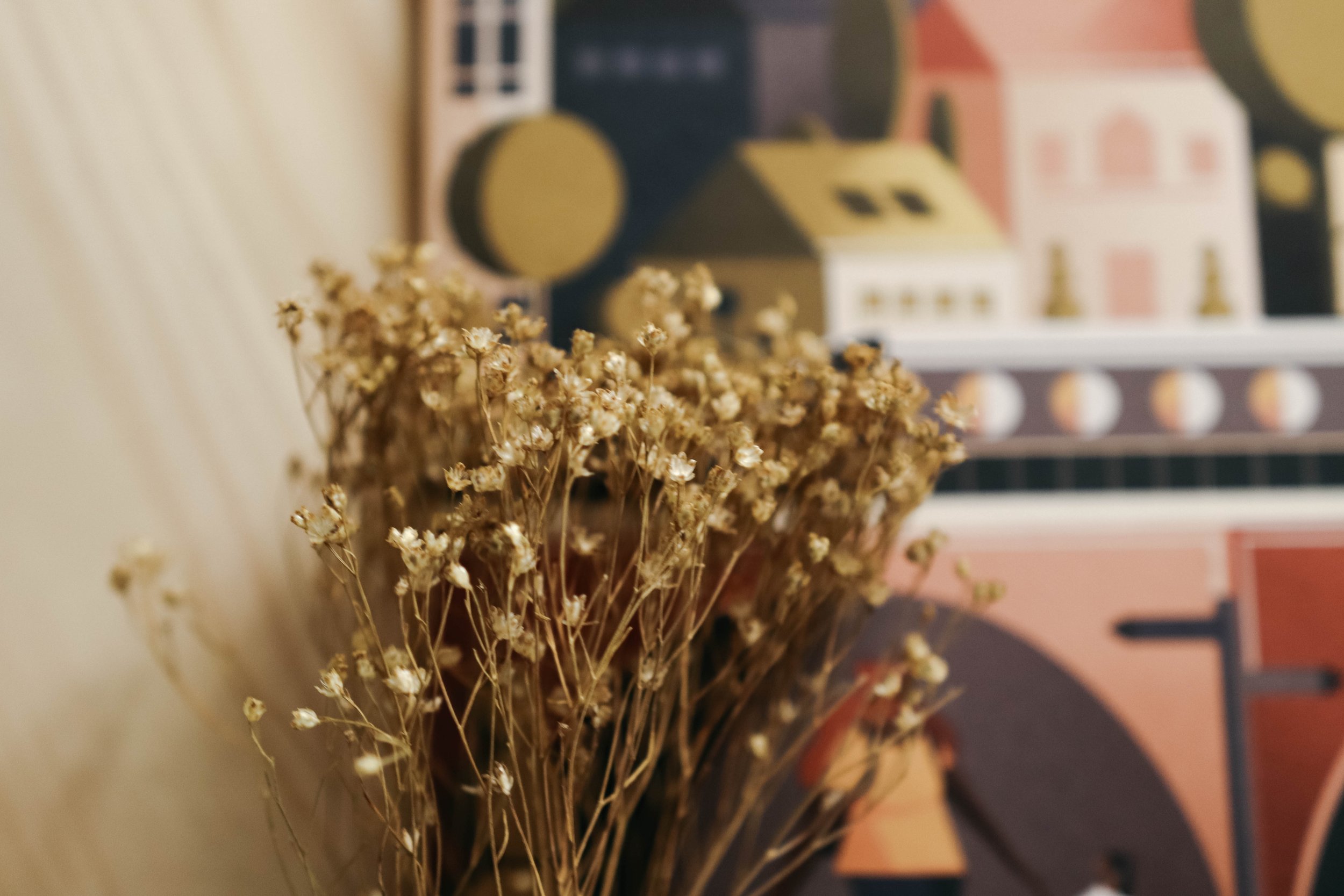ABOUT US
Originating among the sun, sand and sea of Cornwall, our predecessor, Bloom in Doom Magazine, was started in 2019 by students of Falmouth & Exeter Universities. The impetus behind the magazine was a dream to revolutionise how we consume news stories - specifically environmental news - moving away from doom and gloom as well as the monotony of most mainstream media outlets.
In 2023, we regenerated into ‘Viridis Magazine’, with more of a focus on intersectionality and solution-based journalism. We wanted to create a media platform that would spread hope wherever you may be, moving towards positive stories of tangible climate action to inspire and help tackle the plight of eco-anxiety that we have faced ourselves.
Although our ever-growing global network now includes members from Hong Kong to the U.S.A, India to the far corners of Europe and we are proud to be working on increasing the intersectionality of our work - our mission has, and always will, remain simple and unwavering:
Stories of climate hope for everyone, everywhere.
“I absolutely loved reading Viridis. The articles were so informative and the artwork and layout were beautiful - really good quality.”
Viridis Reader Testimonial
CORE VALUES
INTEGRITY
We tackle issues that we believe need to be covered, irrespective of how our articles may be received. We don’t write about intersectional topics because they're popular at the moment, or for the optics.
We write because the topic matters or the person talking about it is from an under-represented group that has had its voice silenced.
COMMUNITY
Community is the bedrock of Viridis. We have a global team working with us, making up our family. We are an intersectional environmental publication, who would like to offer a platform to indigenous people, the LGBTQ+ community, POC, and any other under-represented community. Although primarily environmental in focus, we also tackle social issues, as they are closely tied with environmental debates.
OPEN MINDEDNESS
We started as, and shall remain, an apolitical publication. We strongly believe that for lasting, meaningful change we all need to be much better at listening. If we do not listen to those with views we oppose, how can we understand them?
The people that hold these opposing views are not the enemy, polarisation is, and if we don't try to understand others then we cannot compromise to find a solution or reach them meaningfully.




